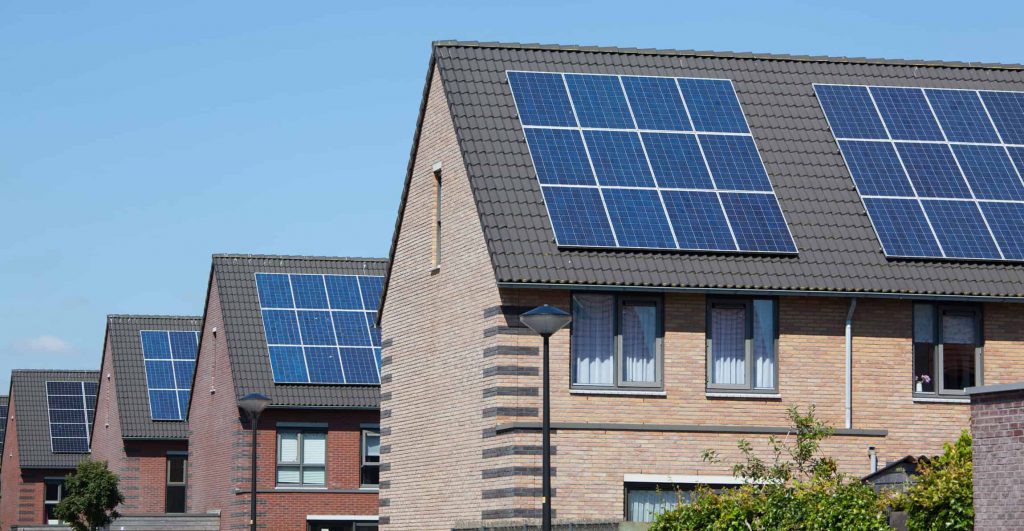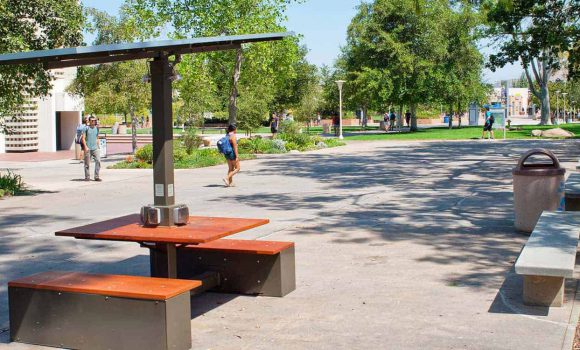What would be the impact if everyone installed solar panels on their homes? This was the topic examined by Quora and featured in a recent Forbes article.
The content explored some of the more hot-button topics in regards to solar energy, such as: how much solar is too much solar? (A.k.a. when does the law of diminishing returns apply?), is solar power enough for an off-grid power solution? Supported with simulated data for the potential situation of “a solar panel on every roof”, some of the key takeaways were as follows:
1. While solar is a great means of providing clean energy, a solar panel on every roof is not the answer. From a cost perspective, as well as an energy saving one, solar farms are much more economical.
2. Although there would be exorbitant amounts of clean energy available during the daytime hours, in the evening when demand is highest there would be an unequal distribution of energy that the stored up solar power from the daytime would not be able to support.
So while that excess supply of solar energy generated during the day would be great to provide clean energy, it would not be enough to fully support the demand for nighttime use without help from another source. The article points to the need for technology that allows for more robust battery storage, which while available is also quite expensive at the current time.
3. Economic fluctuations have a big impact in establishing optimal conditions for solar energy to exist. It is tempting to point to solar as the total solution for clean energy, however, this article does a great job at examining the subsequent factors that need to align in order to ensure true off-grid success.
So is there the potential for a ‘perfect’ off-grid world? Yes, and technology is closer than ever before to make it a reality. With continuous investments and improvements in renewable energy, it’s only a matter of time before we have the means to create a renewable world.


